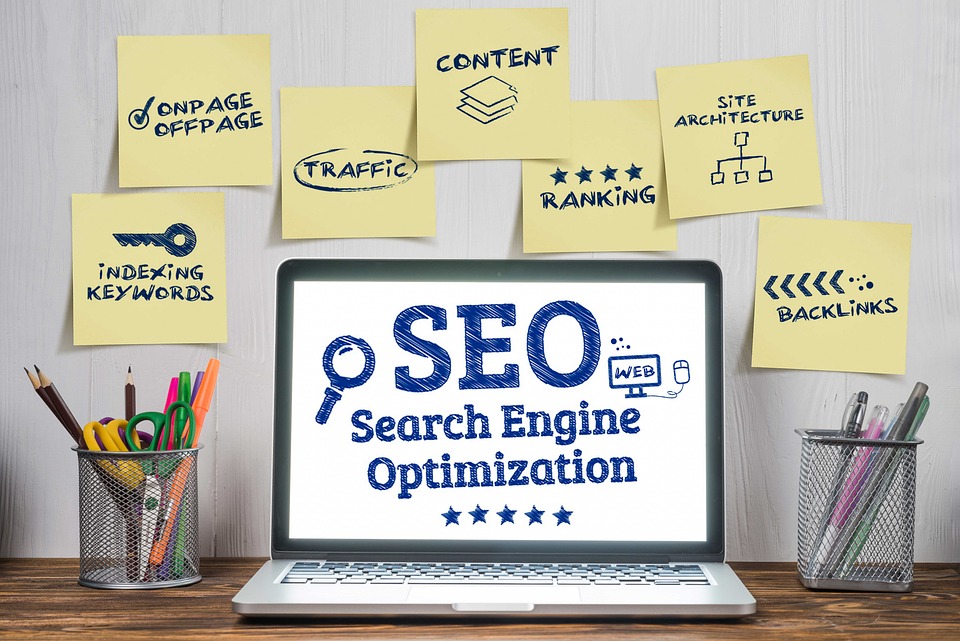An ERP (Enterprise Resource Planning) system is an essential tool that streamlines your business operations, enhances efficiency, and improves decision-making. It consolidates different functions like finances, manufacturing, sales, supply chain, and human resources into one centralized system. Choosing the right ERP system for your business is a crucial decision, and it requires careful consideration of various factors. Here are some tips to help you choose the right ERP system for your business:
Identify your business needs:
The first step in choosing the right ERP system is to identify your business needs. Make a list of the key features and functionalities that you require from an ERP system. Evaluate how it would impact your business processes, whether it can integrate with existing systems, and how it can support your growth plans.
Consider the Industry:
Several ERP systems are designed for specific industries, such as manufacturing, distribution, healthcare, or retail. Choose an ERP system that is tailored to your industry’s unique requirements, regulations, and compliance standards. This will ensure that the system is equipped with features that address your industry-specific challenges.
Functionality and Flexibility:
ERP systems come with varying levels of functionality, and it is essential to find a system that meets your business requirements. Look for features like inventory management, order tracking, financial management, and customer relationship management. Ensure that the system is flexible and customizable, so it can adapt to your business processes as they evolve over time.
Ease of Implementation:
Implementing an ERP system is a significant undertaking that can be expensive and time-consuming. Choose a system that is easy to implement and deploy, with minimal disruption to your business operations. Ensure that the vendor provides adequate training and support to help you transition smoothly.
Scalability:
As your business grows, your ERP system should be able to grow with you. Choose a system that can scale easily, adapt to changes in your business, and support additional users, locations, or transactions. This will save you time and money in the long run and prevent you from outgrowing the system quickly.
Integration:
An ERP system should seamlessly integrate with existing systems and applications, such as accounting, warehouse management, or point-of-sale systems. Look for a system that can integrate with these systems, avoiding the need for manual data entry and reducing errors.
Cost:
ERP systems can be expensive, and the costs involved can vary significantly depending on the vendor, features, and implementation. Consider the total cost of ownership, including licensing fees, implementation costs, maintenance fees, and support costs. Evaluate the ROI (return on investment) of the system and ensure that it aligns with your budget and business goals.
In conclusion, choosing the right ERP system is a critical decision that can impact your business operations and growth. Carefully consider your business needs, industry-specific requirements, functionality, scalability, ease of implementation, integration, and cost. Involve your stakeholders and IT team in the decision-making process, and work with a reputable vendor who can provide guidance, training, and support. By doing so, you can choose an ERP system that will support your business for years to come.




